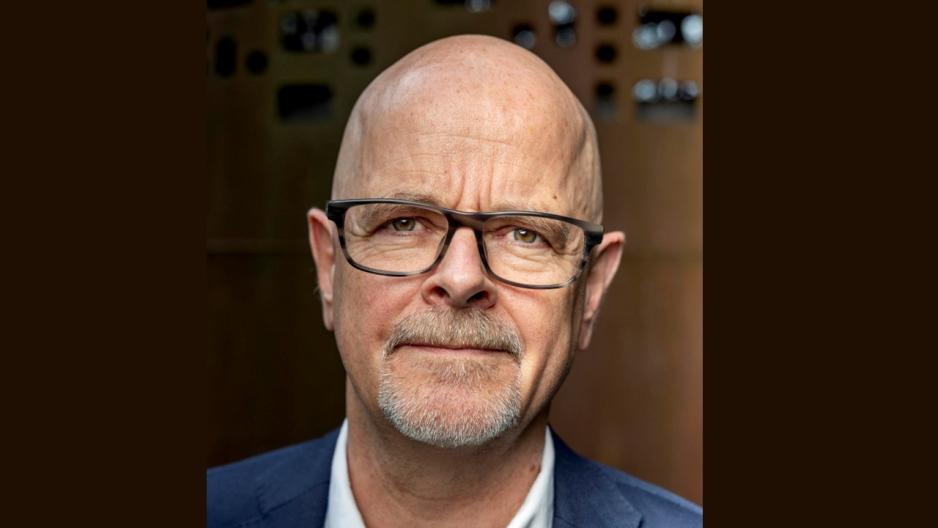Arne O. Holm says A Salary Package of a Few Millions Does Not Solve a Single Health Problem

One can hardly blame the Northern Norway Regional Health Authority's new communications director, Kim Hannisdal, for the health authority's generosity. (Photo: the Northern Norway Regional Health Authority)
Comment: When the health sector fails, the health authorities' contract with society at large also fails. Sky-high executive salaries suggest that the authorities believe this is a communications issue to pay their way out of.
This is a comment written by a member of the editorial staff. All views expressed are the author's own.
Just over a year ago, the Norwegian National Audit Office published a report on risk management in the health sector. The starting point for the investigation was quite obvious: The population in the health region should be offered safe specialist health services.
Furthermore, according to the Audit Office, the regional health authorities should provide good and equal specialist health services to everyone who needs them, when they need them.
Quite involuntarily
The Norwegian National Audit Office may have been inspired by local newspapers' repeated revelations that this is not always the case. Either way, the Audit Office's findings supported such a narrative.
The other day, a Professor of Health Law, Ann Kjersti Befring, stated that "increasingly more money is being spent on the health authorities that manage the hospitals in Norway".
The Northern Norway Regional Health Authority confirmed, albeit quite involuntarily, I would assume, the professor's statement the same day.
The Northern Norway Regional Health Authority had replaced an already overpaid communications director with an even better-paid director. He can hardly be blamed for having managed to convince the executives in the Northern Norway Regional Health Authority that he is worth his weight in gold.
Just read what the newly appointed communications director of the Northern Norway Regional Health Authority, Kim Hannisdal, can put in his wallet.
First, some perks.
Since he will be living in Oslo and not in Bodø, where the rest of the authority's leadership resides, he is offered a free furnished apartment, including electricity and internet in Bodø. Or as an alternative, free stays at a hotel. He is also entitled to 12 days, or about two weeks of additional paid vacation days.
On top of this, he will have an annual salary of NOK 1,850,000. NOK 230,000 more than his predecessor.
All this was remarkably dug up by one of these "annoying" local newspapers, this time Avisa Nordland, which Hannisdal is contractually obliged to communicate with through his job.
Does not want to comment
It is not necessarily comparable, but a minister earns less. This harmonizes well with the fact that Hannisdal's boss, CEO Marit Lind, earns just over half a million more than the prime minister.
Although there is some kind of logic in the health authority's salary policy, it is difficult to see the reasoning behind it.
Director Marit Lind would not comment on the salaries of individual employees to Avisa Nordland. A phrase so ingrained that she might think it comes across as a justification, which it obviously is not. Nor would the communications director comment on his salary.
A phrase state companies have fallen in love with.
The communication specialist's only reason is that he does not want to.
In other words, there is no connection between salary levels and openness. Quite the contrary.
On what is called a “general” basis in communication jargon, Marit Lind nevertheless says that she wants to offer “competitive conditions”. This is also a phrase that state-owned companies have fallen in love with and that they believe to be sufficient when someone asks uncomfortable questions.
Rural allowance
Perhaps it is a kind of “rural allowance” that makes the Northern Norway Regional Health Authority believe it is necessary to pay its director NOK 50,000 more per month than the industry average. The difference alone would have been enough to live on for most people.
There is much to suggest that the Northern Norway Regional Health Authority is confusing a communication problem with the companies’ real problem, that they are unable to “provide good and equal specialist health services to everyone who needs them, when they need them."



